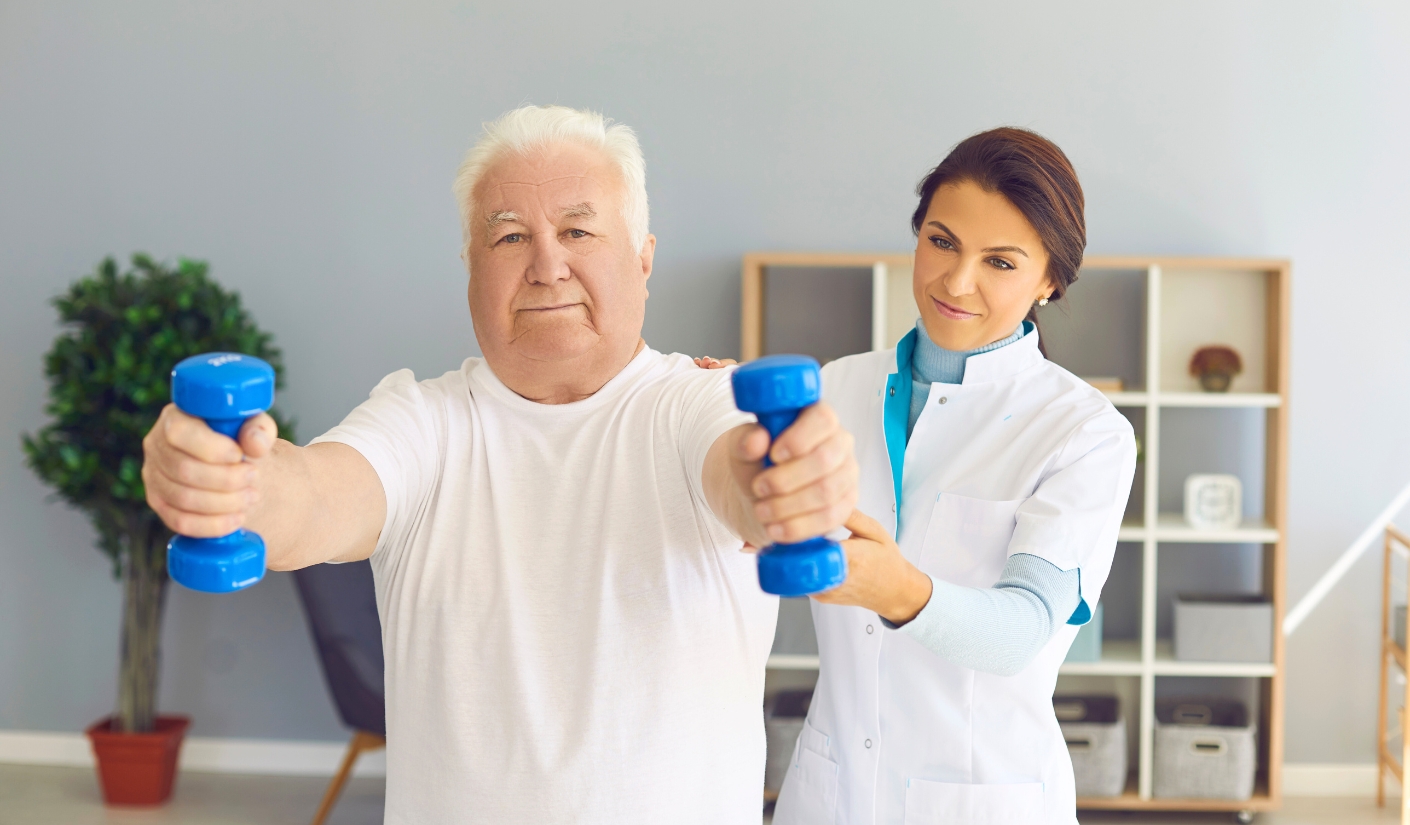As we age, our bodies undergo a number of physical changes. Just as our joints and muscles can stiffen up with age, so can our brains. In fact, according to the National Institute of Health, aging causes changes to the brain size, vasculature and cognition. The normal aging process can bring subtle changes in cognitive abilities that can impact our ability to learn something new, recall names, and cause us to occasionally forget appointments. However, we have the ability to slow down the aging process by instilling healthy habits that promote brain stimulation and sharpness.
Supporting a Healthy Brain
Our bodies and brains are interconnected and when we take care of one, we take care of the other. Implementing small, healthy changes into our daily routine can help protect our brains from cognitive decline and help prevent mood disorders such as depression. According to U.S. News, here are a few ways you can support brain health each day:
Exercise. Physical exercise isn’t only good for our bodies, but also for our brains. They work to control our muscles and coordination and help us slow down and speed up. Exercises such as ballroom dancing, yoga and biking require our brains to think about next steps and move sequences.
Stay socially engaged. Human interaction is proven to keep our brains sharp by reducing feelings of stress and promoting the release of endorphins, which are the body’s natural feel-good hormone. Spending time with friends and family members can provide the mental stimulation needed to strengthen our cognitive skills and mental clarity.
Quit smoking. While smoking is bad for you for a number of health reasons, it can also severely impact brain function. Smoking just one cigarette a day for an extended period of time can actually reduce cognitive ability, thinking and memory. When you stop smoking, circulation can improve almost instantly.
Eat a healthy diet. Heart-healthy diets can support brain health, help maintain a healthy weight, and reduce the risk of developing chronic illnesses and cognitive issues. Gut health and cognitive function are closely linked. The more we focus on creating a healthy gut microbiome, the better our brains will be able to function.
Focus on good sleep. Sleep helps our bodies repair from both emotional and physical stress. When we don’t get enough quality sleep, it can disrupt our brain’s ability to perform certain biological changes.
Mental Exercises for Brain Sharpness
In addition to implementing healthy habits into your daily routine, there are other ways you can support brain health. Doing certain brain exercises can help boost your memory, improve concentration and focus. Improving brain health can make daily tasks, like remembering appointments or balancing your check book, feel easier. According to Healthline Magazine, here are a few evidence-based exercises that can help support brain health:
- Jigsaw puzzles. Research has shown that puzzles require us to use multiple cognitive abilities including spatial awareness and problem-solving. Working on a jigsaw puzzle for just a few minutes a day can improve cognitive thinking and help keep your brain sharp.
- Cards. Like puzzles, card games also ignite different areas of the brain and help improve memory and thinking skills. Card games such as solitaire, bridge, gin rummy, poker, hearts and crazy eights are entertaining and help support brain health.
- Dancing. Certain types of dance can actually help increase your brain’s processing speed and memory. Salsa, tap dance, Zumba and ballroom dancing require you to anticipate next movements and remember a sequence of steps, all of which require the brain to work hard, improving cognitive function and memory skills.
- Listen to music. Research has shown that happy, upbeat music can help generate creativity and brain power. This can help us with problem-solving and make learning new things feel easier.
- Meditate. Daily meditation can promote calmness and reduce stress and anxiety. However, most people don’t know that meditation can also improve memory and increase our brain’s ability to process new information.
- Practice tai chi. Regularly practicing tai chi can help reduce stress, enhance sleep quality and even improve our memory. Some studies suggest that long-term tai chi practice can even increase brain volume.
Prioritizing Brain Health at Maple Knoll Village
At Maple Knoll Village, we know how important it is to preserve cognitive function well into our later years. That’s why many of our offerings, from meal options to activities, are designed to support brain health in a number of different ways. To learn more about these offerings or to schedule a tour, please contact us!







